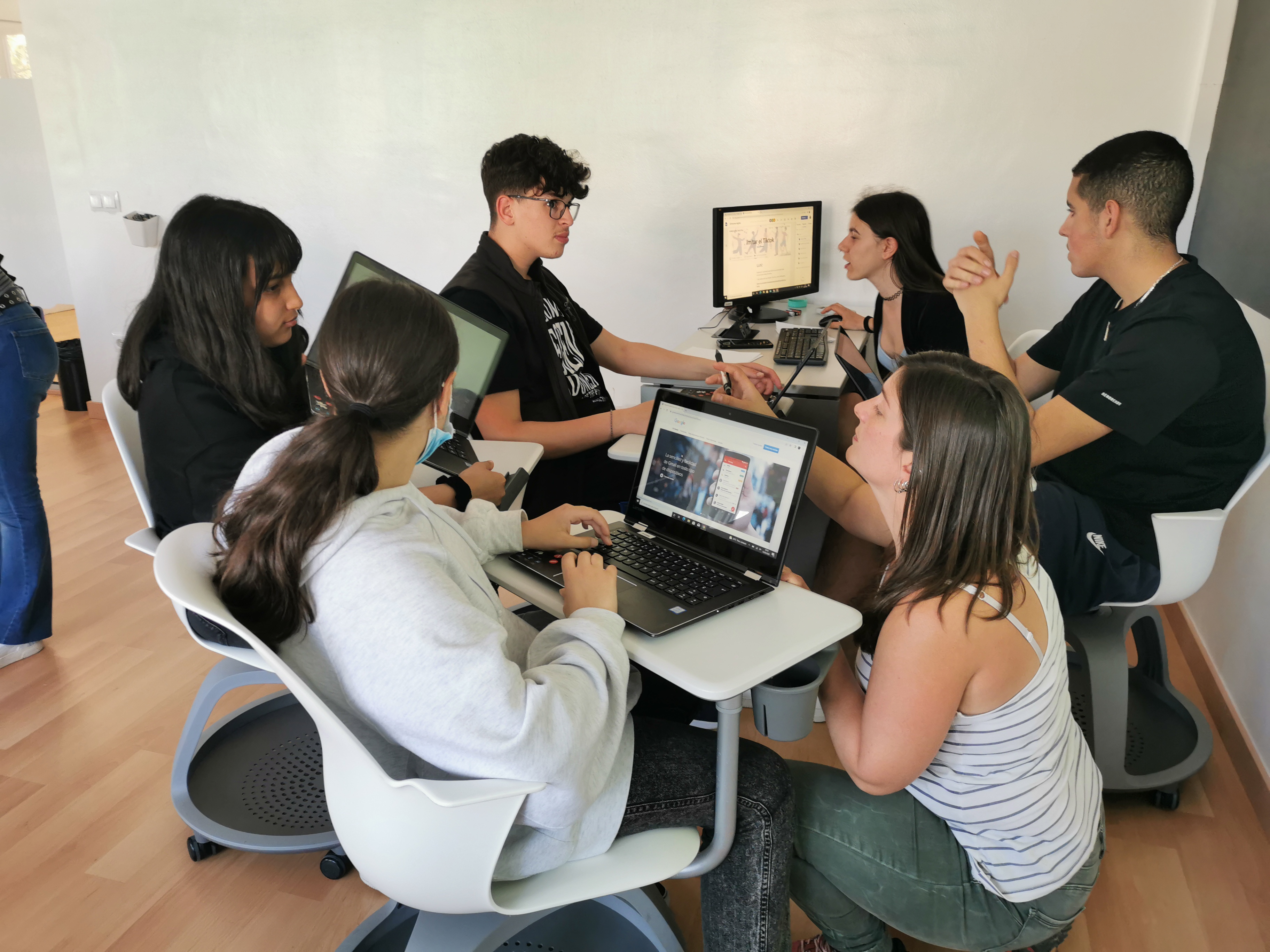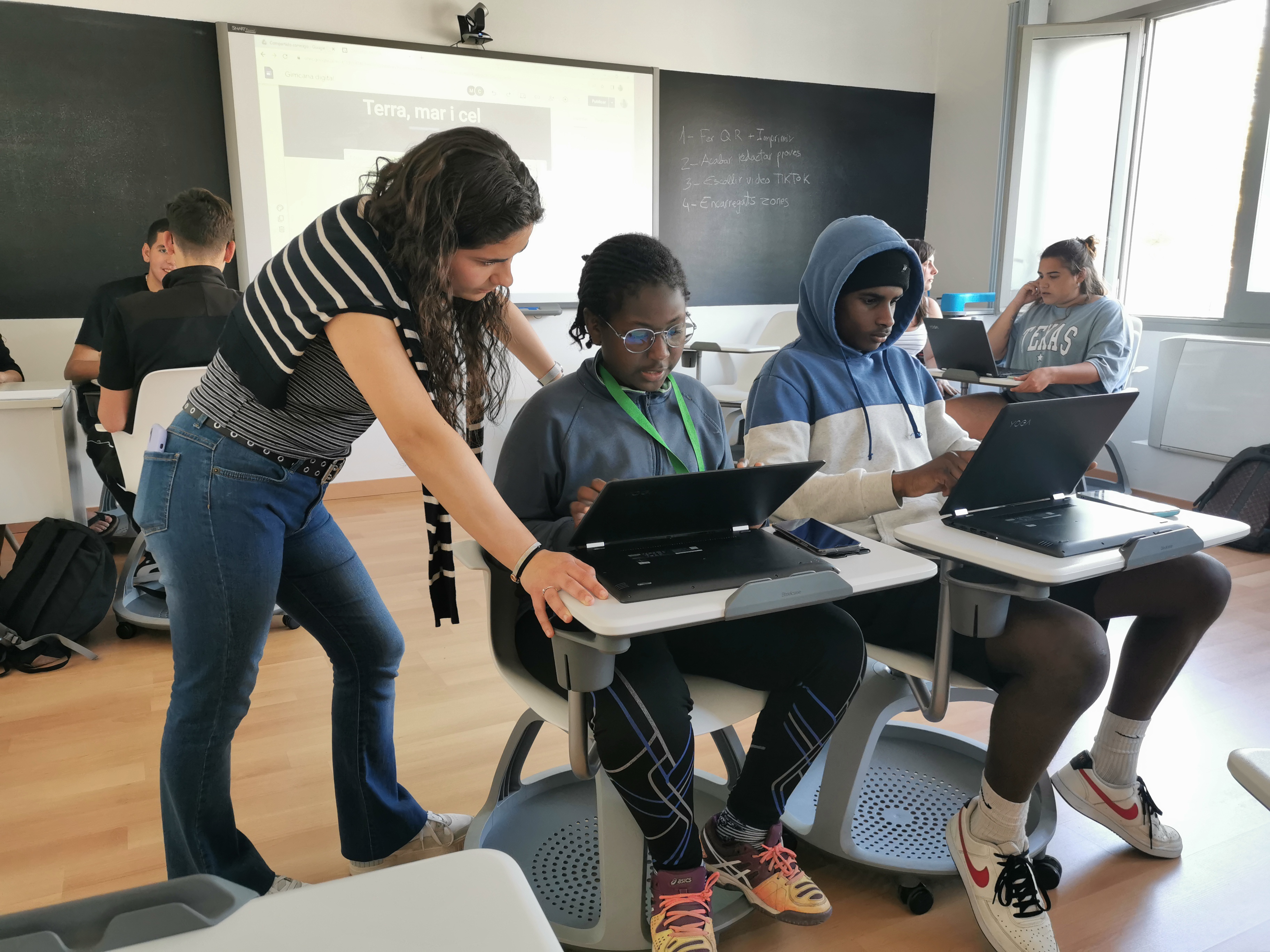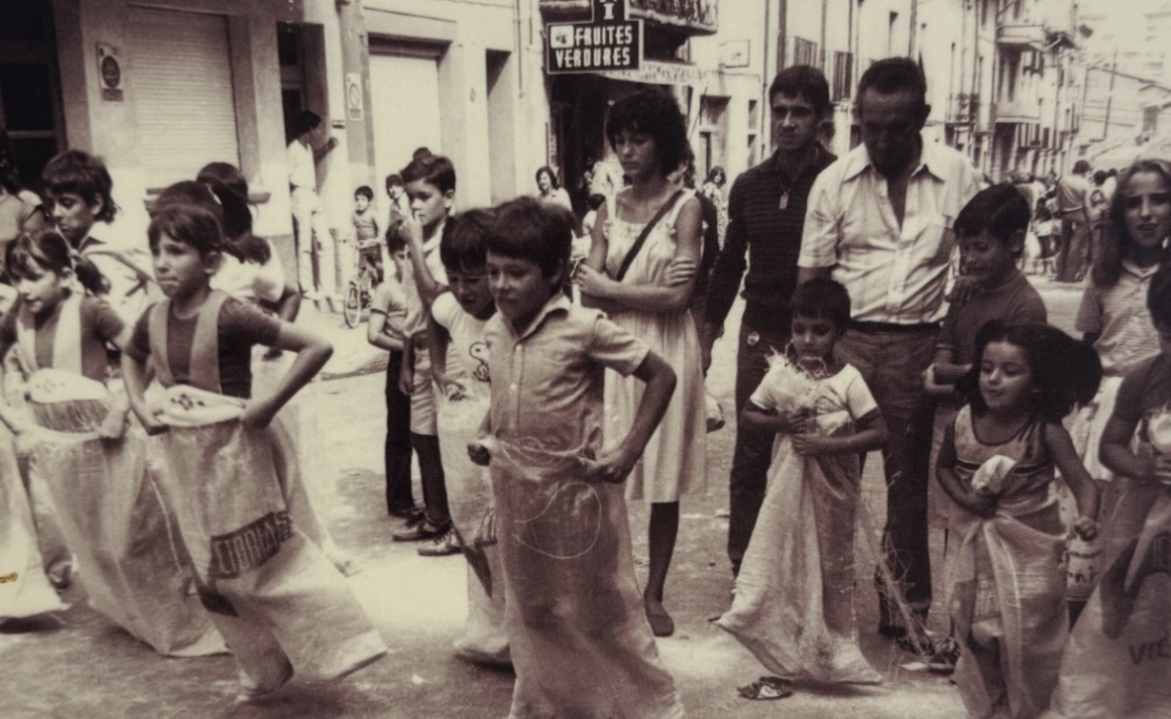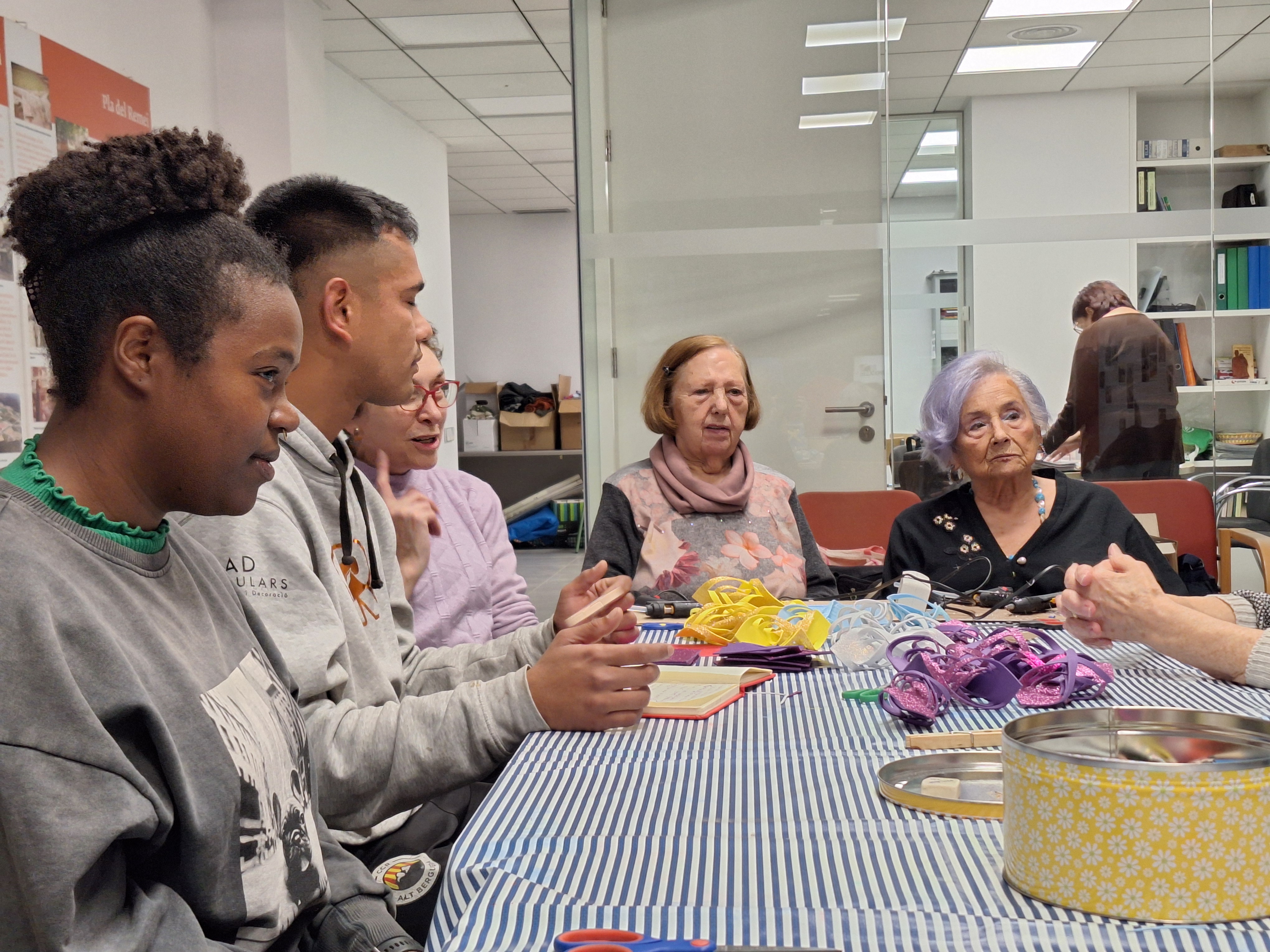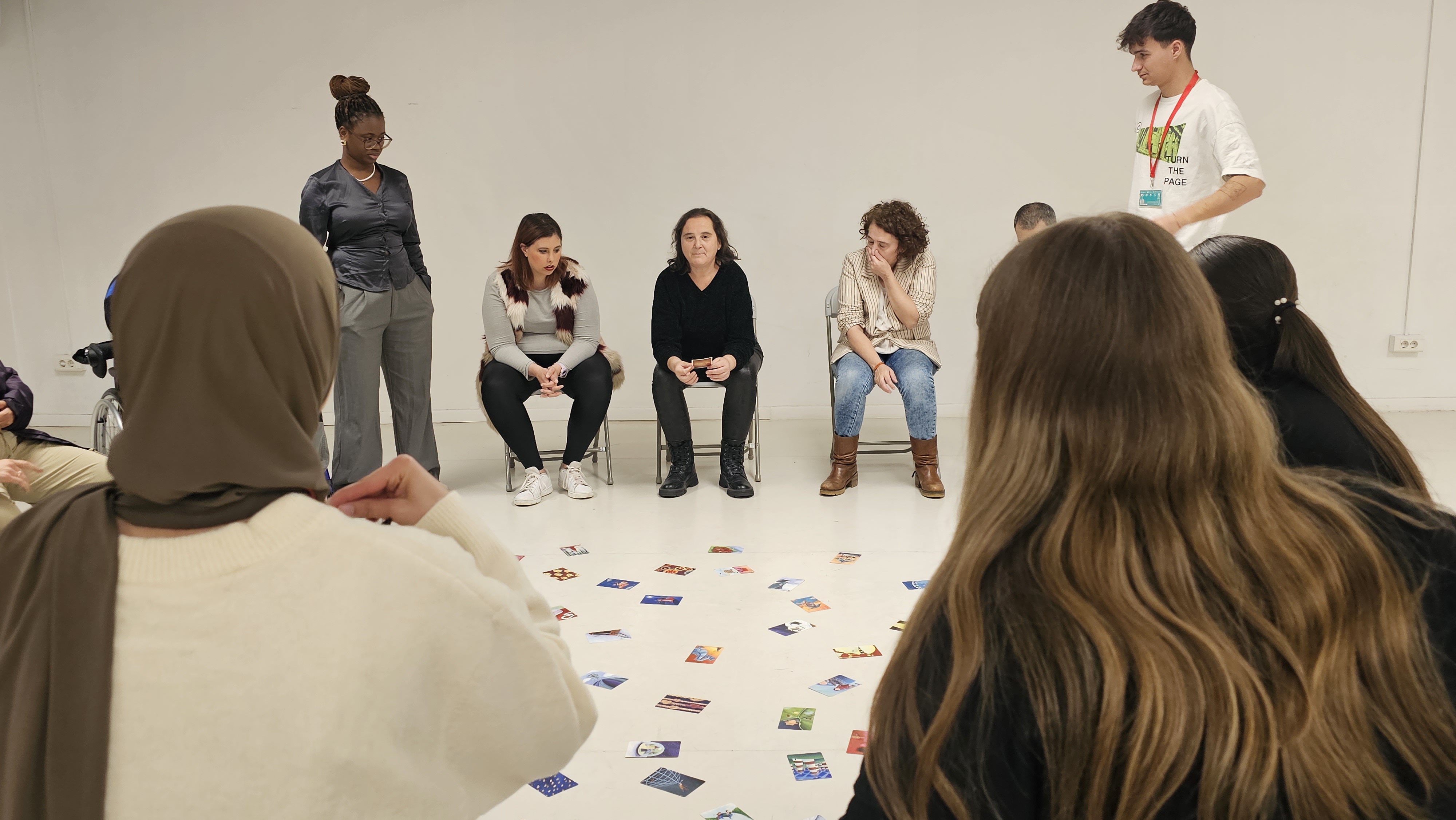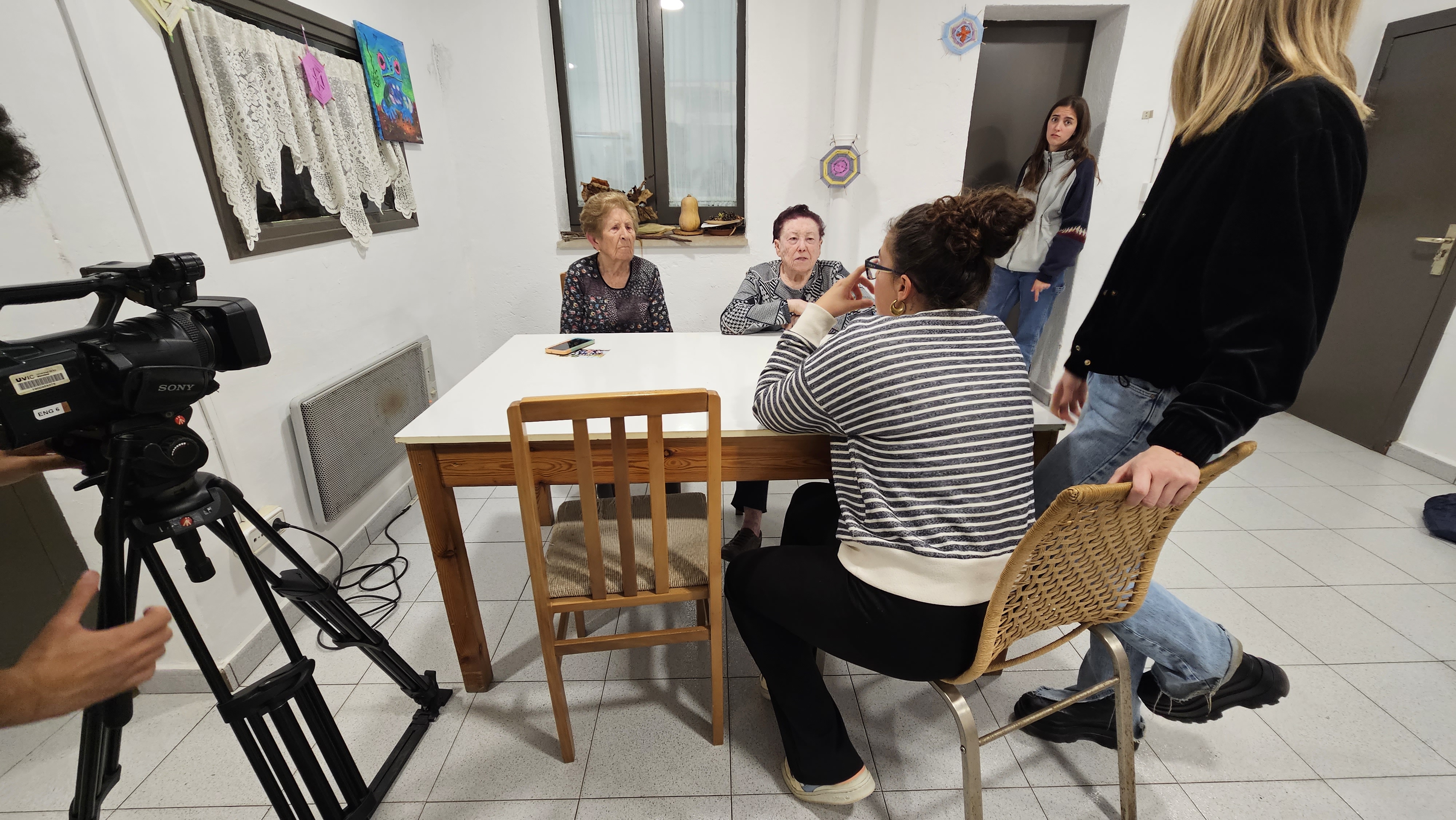Project Description
Type of project
Learning-Service
Course
2021-2022
Studies
3rd course Degree in Social Education
Digital gymkhana for the knowledge of the territory
Participating entity: Association Casal Claret
Description of L-S
Creation of a digital gymkhana with the young people of the Casal Claret association that allowed the families of the children of the same entity to know several spaces of the city of Vic, especially playgrounds. It was an activity organized and energized by the group of teenagers and young people of the same entity and the students of the UVic-UCC. During the first two sessions the students of the university were able to know the entity with which they would work and they were able to make a planning proposal according to the challenge that had been posed to them. Then, in the four subsequent sessions, the gymkhana was designed and organized, recording all the steps and indications on a web page. Finally, in the last session, the children of the organization and their families were invited to carry out the gymkhana through the city. The activity included activities such as video recording, movement games, imitations, dances, among other activities that were articulated through QR codes and a web page.
Students from UVic: Marta Llastarri, Nil Comas, Cristina Juanola, Laia de Salsas, Tamara Hidalgo, Andrea Marquez i Agnès Navarro
Participants: children of 3rd and 4th of primary school of Casal Claret and their families, teenagers and young people of the same entity.
Objectives:
- Prepare a digital gymkhana for families and teenagers of Casal Claret to learn more about the city of Vic.
- To enhance the motivation and creativity of the young participants to prepare a digital gymkhana.
- Offer digital learning opportunities in a different context than usual.
- Fomentar el intercambio de ideas y conocimientos.
- To enhance the participants’ knowledge of the territory.
Reflections of UVic students
- We thought that teenagers would have a certain mastery of technology, but during the various days that the teenagers have been at the university, we have seen that this is not the case. We have been able to appreciate it when we gave them certain instructions that we thought they would be able to carry out easily and they did not know how to do it.
- We noticed during the course of the various sessions that children and young people have limitations when it comes to using mobile data, as some of them were unable to access it.
- There are different levels of knowledge of the Catalan language. This caused that at the time of explaining an activity there were people with difficulties in comprehension and oral expression in Catalan.
- One of the evidences detected during the realization of the project is the importance of the educational relationship, that is, the affective bond with the people we serve and work with. This is essential to get to know the young people, their interests, what motivates them, as well as their detected needs. As future educators we must know how to establish the bond taking into account the particularities of each person, although we are aware that it is not an easy process, it takes time, dedication, involvement and care. However, we are satisfied with the different bonds we have created with the adolescents.
- Our feeling regarding the overall socio-educational project carried out jointly with the young people of Casal Claret, has been very positive, since we have had the opportunity to meet the young people and jointly develop the realization of the digital gymkhana. Although it is true that in some sessions we have failed in the organization, this error has helped us to plan and organize more in detail the next sessions.
- En cuánto los y las jóvenes del Casal Claret, pensamos que han sido satisfechos con el resultado del proyecto y de haber podido compartirlo con nosotros, estudiantes de la UVic, así nos lo han hecho entender de forma verbal y a través de la comunicación no verbal observable (gestos, expresiones faciales, implicación…). A pesar de que nos hubiera gustado que en todas las sesiones el número de participantes hubiera estado más alto, puesto que en ninguno de las sesiones asistieron los/las 13 jóvenes del Casal Claret. También, nos habría gustado que el día de la puesta en práctica de la gincana hubieran asistido un número más alto de madres, porque por razones desconocidas, solo asistió una.
- Social Education, unlike other professions, is a job where the planning that is initially established often does not end up being fulfilled, since the fact of working with people means that unforeseen events can arise frequently. It is for this reason that the organization that was planned to be carried out during the gymkhana did not turn out exactly as it was intended. The main idea of the project was that the gymkhana would be carried out by the children of Casal Claret and their families. It is here where the planning has failed, since only one mother has appeared. This fact has been another problem, because the digital gymkhana depended on the phones of these families. Therefore, since the mothers did not come, the children did not have telephones to follow the *digitality of the proposal.
- The children have shown themselves to be very active from the beginning, which has meant that they have not listened to the instructions of the gymkhana at all times. This is related to the fact that the students of the University do not have an affective bond with them, as we have had with the adolescents and young people, therefore, we do not know how to manage the different situations that were presented to us. It is here where an educator from the Casal has been intervening to bring order with the children, thus making visible the importance of the bonding relationship in any socio-educational action.
- Being the first time we see the children and together with the nerves we had, some dynamics, especially at the beginning, we have not been able to explain them in a clear and understandable way. At the beginning it was a little difficult for the children to understand the dynamics of the pincer game, but once they were given examples, it ended up being a game with which they had a great time, or this is what they verbalized at the end of the gymkhana.
- While we went to the second place to do more activities, the students of the University, together with the young people of the Casal, we decided to skip the virtuality of the gymkhana, since the lack of telephones was a chaos and we have chosen to have a better quality of relationship with the children even though this would harm our digital planning.
- One of the children, while explaining a dynamic, said “and what is this activity for”. This question, which may seem very simple or very normal, made us reflect on the child’s capacity to be interested in the objectives of the activity. This thought has made us realize that people, from a very young age, look for the meaning of things and it is here where it is demonstrated that the significance of socio-educational actions have the opportunity to transform society.





